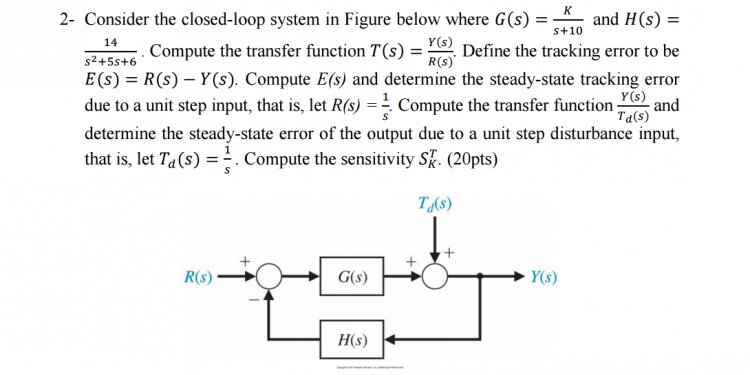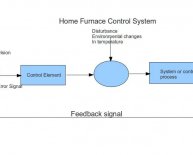
Define closed loop system
Ecologists describe a closed-loop system as one that does not exchange matter with the outside world. Although the only truly closed-loop system may be the Earth itself, some industrial subsystems can approach closed loops, and the concept is useful as an ideal for assessing and inspiring improvements in industrial sustainability.
Loops may be closed, for example, by recovery, re-use or recycling. Energy that would conventionally be wasted often can be recovered. Heat going up a boiler flue can be captured with an economizer and used to pre-heat returning condensate. Heat discharged from compressor coolers can be used for process, water or space heating. Heat left over from a production process might be used for district heating: to provide low-temperature heat for area buildings, both within and outside the fence line.
In fact, industry wastes so much heat that many energy experts see any heat-dissipating equipment, such as a cooling tower, as a sign of opportunity.
Re-use prevails as a strategy for packaging and shipping containers for incoming components and materials, with thousands of creative applications designed not only to reduce waste, but to minimize other costs. When parts and materials packaging will be re-used instead of discarded or recycled, engineers can justify the cost of designing it for higher shipping density (lower transportation and storage costs), better protection, and easier – even automated – loading and unloading. The package can be optimized as part of the process.
Many other resources might be made more sustainable through re-use, including water, surplus equipment, rebuildable components, and supplies such as shop wipes, gloves and containers. But every potential application should be fully understood in terms of both cost and sustainability of each step in the re-use cycle.
Recycling has become a familiar tool for sustainability, but don’t restrict yourself to conventional off-site, third-party approaches. Some of the most innovative and effective recycling programs we see are on-site, where packaging, waste or by-products from one step are used as materials for another. For instance, auto manufacturers are following the inspiration of Henry Ford, who specified that parts be delivered in crates whose boards he could use as Model T components, by recycling incoming packaging into sound-deadening panels.
Let the concept of the closed loop similarly inspire you to find cost-saving ways to reduce emissions, waste and raw materials requirements in your industrial operations.
See all content related to Closed-Loop >
















